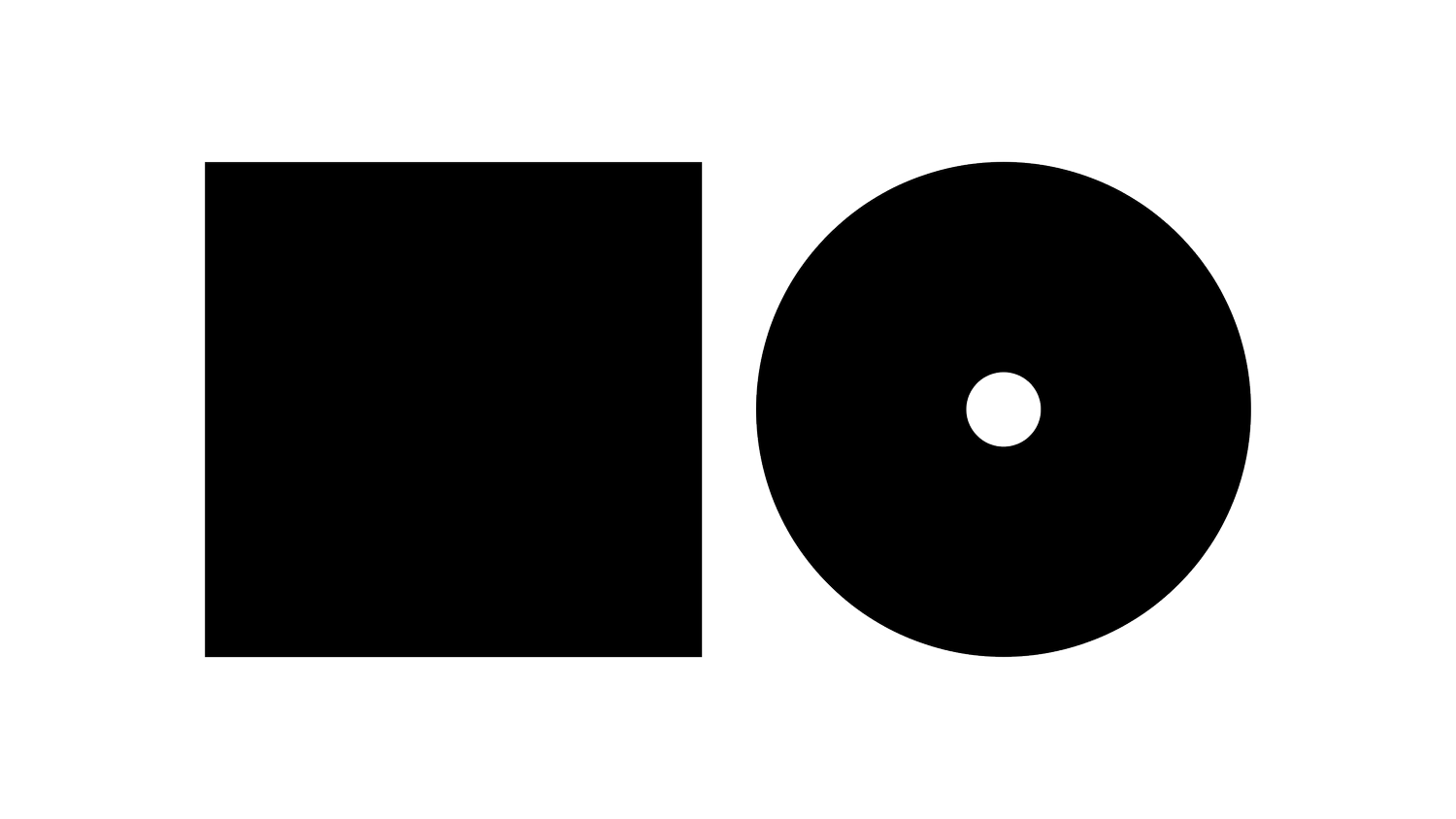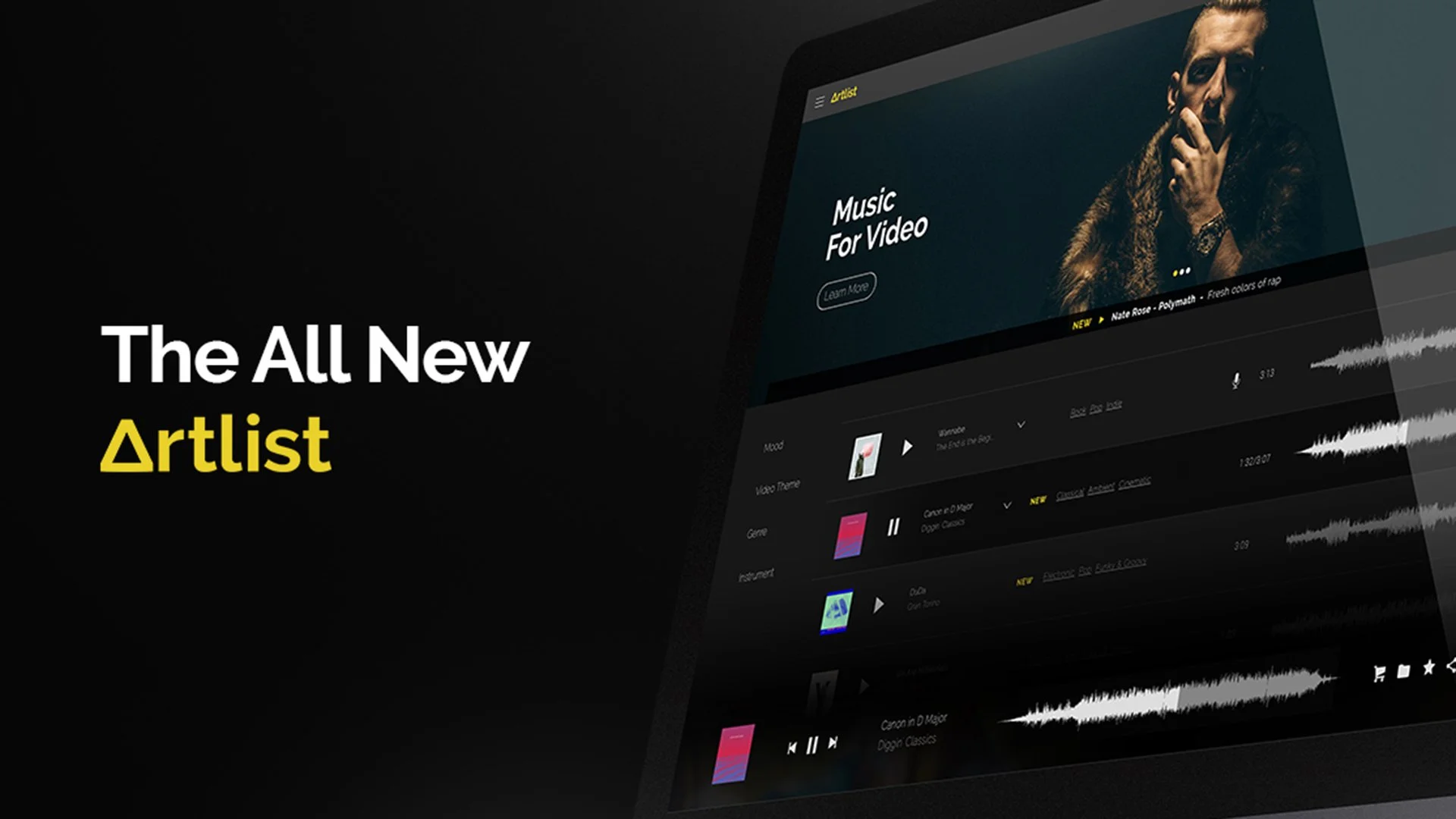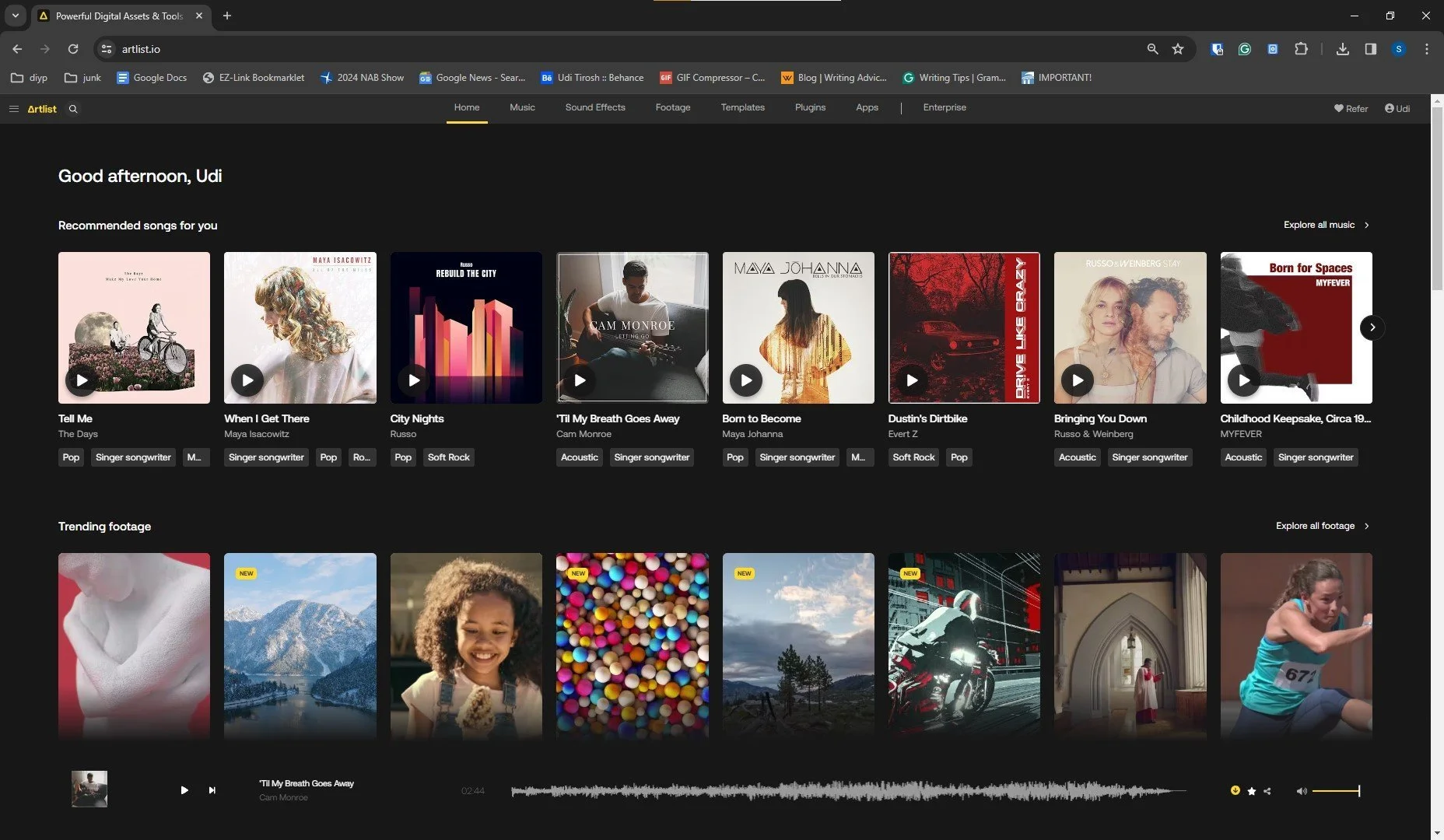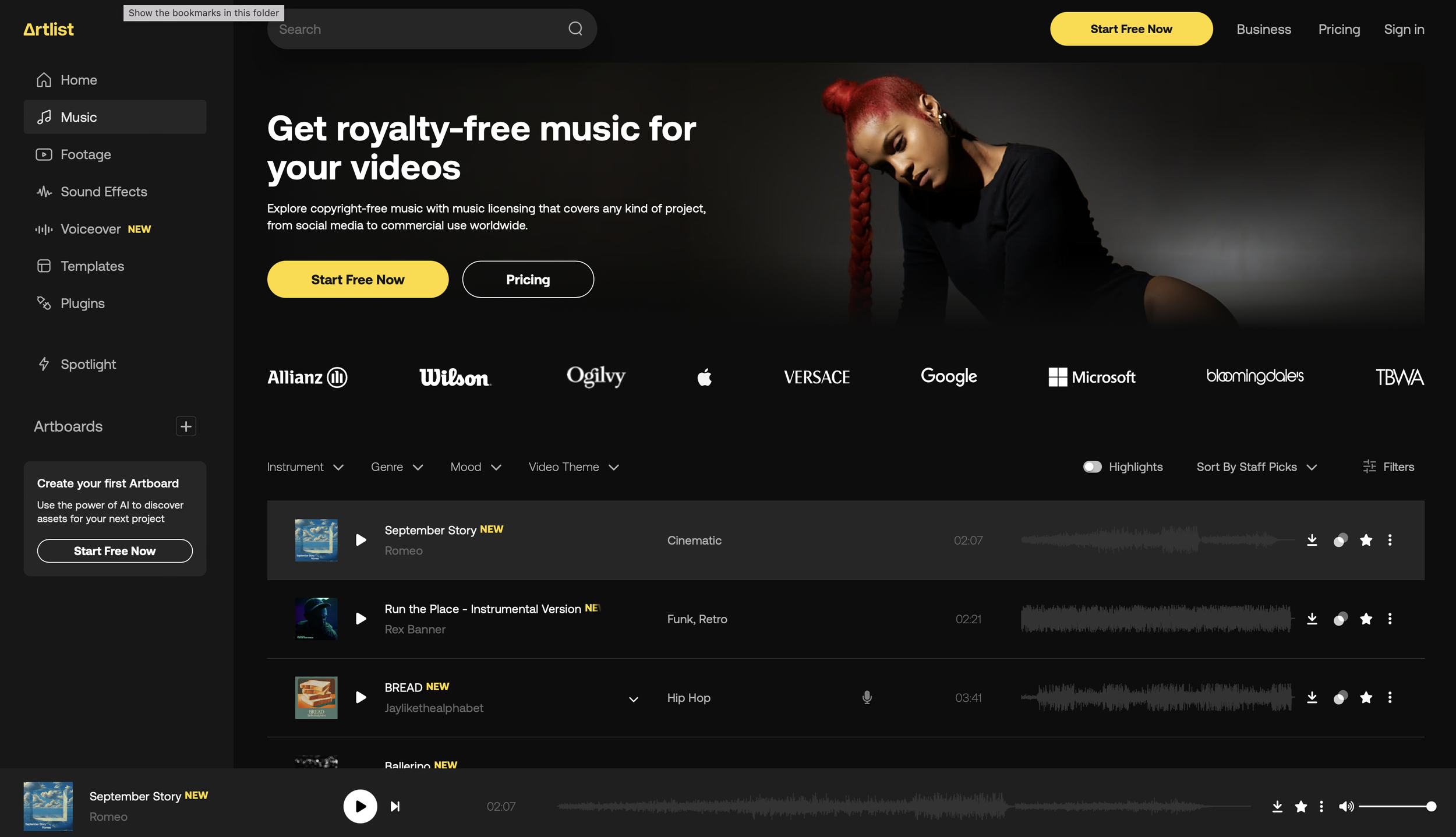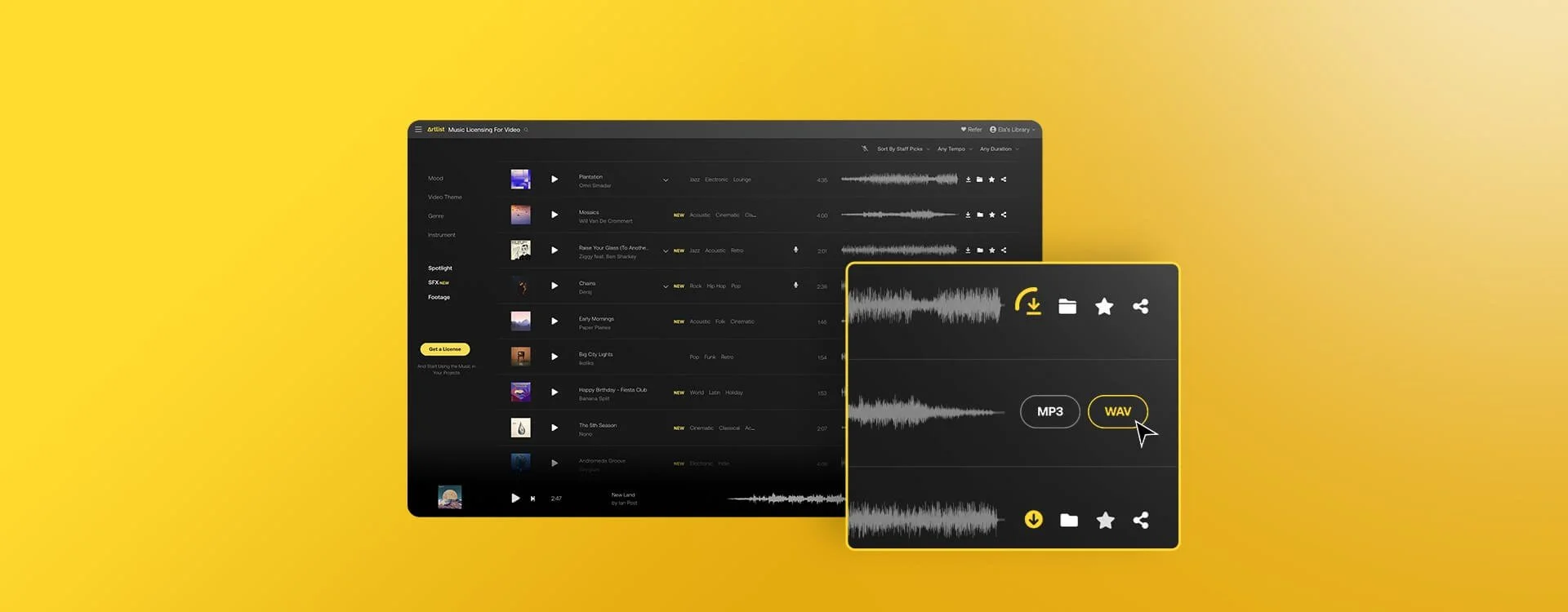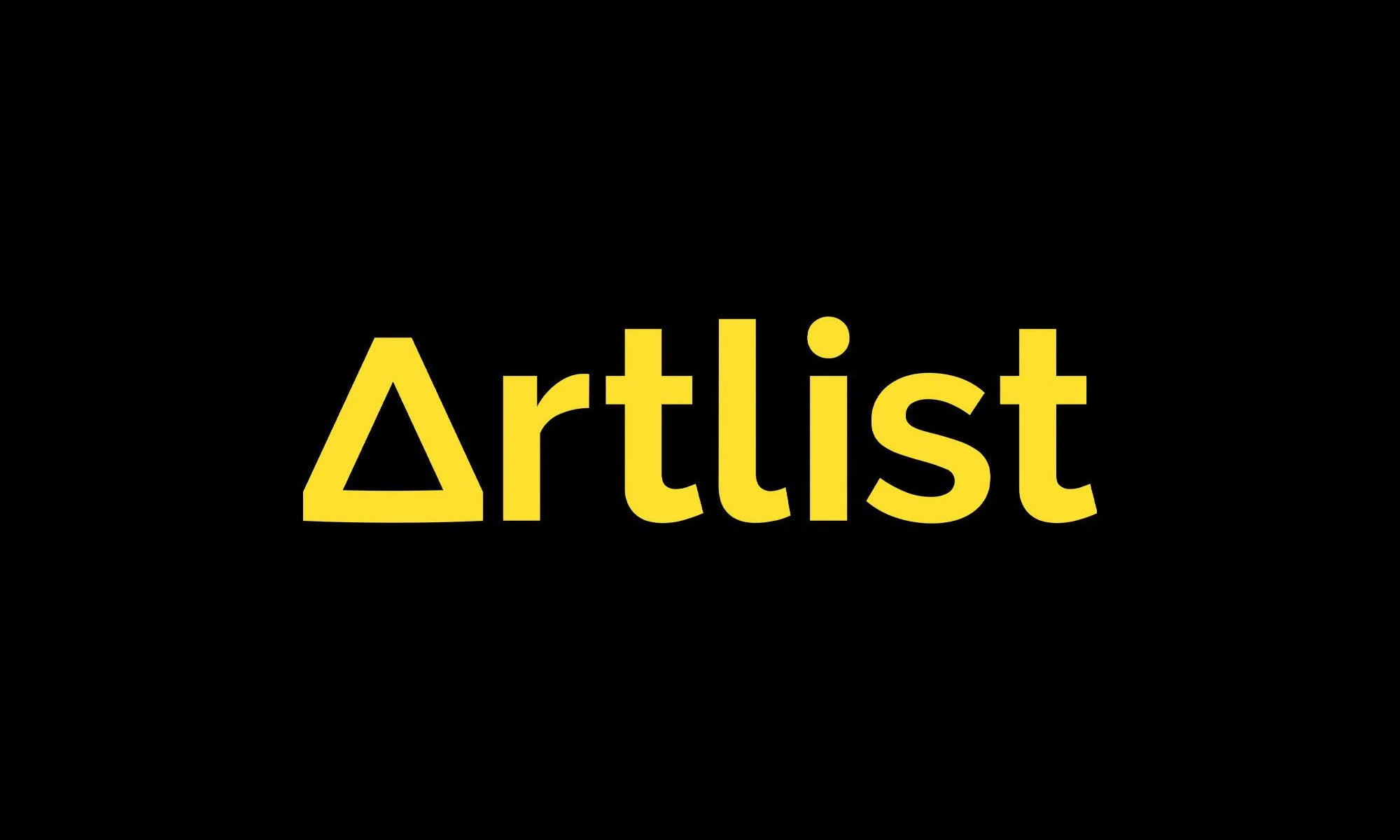 Image 1 of 8
Image 1 of 8

 Image 2 of 8
Image 2 of 8

 Image 3 of 8
Image 3 of 8

 Image 4 of 8
Image 4 of 8

 Image 5 of 8
Image 5 of 8

 Image 6 of 8
Image 6 of 8

 Image 7 of 8
Image 7 of 8

 Image 8 of 8
Image 8 of 8









MusicLM can create soundscapes that inspire connection with nature and sustainability
MusicLM is an advanced AI model developed by a team at Google Research, designed to revolutionise music generation and composition. Utilising state-of-the-art artificial intelligence architecture, MusicLM can create original music across various genres and styles based on text prompts. The model employs a sophisticated hierarchical sequence-to-sequence modelling process to produce rich, high-fidelity melodies from simple text descriptions. MusicLM is a valuable tool for musicians, producers, and music enthusiasts, pushing the boundaries of musical creativity.
Location
Headquarters: Mountain View, California, USA (Google).
Operations: Global reach through online access.
Strategic Reach: Cloud-based platform accessible worldwide.
The Circular Vision
Design Principles: Promotes efficient use of resources by enabling rapid music generation and reducing the need for extensive manual composition.
Resource Optimization: AI-driven tools optimise the music creation process, minimising time and energy consumption.
Life Cycle Considerations: Facilitates early-stage music creation, potentially reducing waste in later stages of production.
Leveraging for Good: Creators can use MusicLM to produce high-quality music efficiently, promoting more sustainable practices in the music industry.
Pioneering Solutions
Key Features:
Text-to-Music Generation: Converts text prompts into original music.Genre and Style Diversity: Capable of generating music in various genres and styles.
High-Fidelity Melodies: Produces rich, captivating melodies, hooks, and complete compositions.
Adaptive Learning: Learns and adapts from every input to improve outputs.
Unique Value Proposition: MusicLM significantly reduces the time required to create high-quality, original music from textual descriptions. Its ability to generate diverse musical compositions sets it apart from traditional music creation tools.
The Regenerative Future
Ecosystem Support: Supports sustainable music creation by enabling the rapid production of high-quality audio that minimises resource use and environmental impact.
Future Development: Continuous enhancement of AI algorithms to improve music quality, coherence, and generation speed.
Creative Empowerment: Empowers creators to explore new musical possibilities and collaborations between humans and AI.
Ethical Considerations
Data Usage: Ensures data privacy and security, using a curated dataset of 5.5k music-text pairs with carefully crafted text descriptions.
Bias Mitigation: Implements measures to address potential biases in music generation across different genres and styles.
Transparency: Provides access to the model's GitHub page, research paper, and dataset, promoting transparency in AI research.
Guardrails: Includes considerations for intellectual property rights and engagement with the music community.
Challenges: Potential implications for the music industry and the need to balance AI assistance with human creativity.
Fact Sheet
Availability: Accessible through the MusicLM platform and GitHub page.
RIBA Stages: Most useful in stages 2-4 (Concept Design, Developed Design, Technical Design).
Circular Potential: 5/5.
Key Integrations: Compatible with various audio processing tools and platforms.
Cost Structure: Free for research and non-commercial use.
Carbon Impact: Significant computational resources required for training and generation, but potential for reducing overall resource consumption in music production.
Key Takeaway
MusicLM represents a significant leap forward in AI-generated music, offering a platform that can produce coherent, high-fidelity compositions from text prompts. While still facing limitations, it has the potential to transform the music creation process and open new avenues for human-AI collaboration in the arts.
Explore Further
MusicLM is an advanced AI model developed by a team at Google Research, designed to revolutionise music generation and composition. Utilising state-of-the-art artificial intelligence architecture, MusicLM can create original music across various genres and styles based on text prompts. The model employs a sophisticated hierarchical sequence-to-sequence modelling process to produce rich, high-fidelity melodies from simple text descriptions. MusicLM is a valuable tool for musicians, producers, and music enthusiasts, pushing the boundaries of musical creativity.
Location
Headquarters: Mountain View, California, USA (Google).
Operations: Global reach through online access.
Strategic Reach: Cloud-based platform accessible worldwide.
The Circular Vision
Design Principles: Promotes efficient use of resources by enabling rapid music generation and reducing the need for extensive manual composition.
Resource Optimization: AI-driven tools optimise the music creation process, minimising time and energy consumption.
Life Cycle Considerations: Facilitates early-stage music creation, potentially reducing waste in later stages of production.
Leveraging for Good: Creators can use MusicLM to produce high-quality music efficiently, promoting more sustainable practices in the music industry.
Pioneering Solutions
Key Features:
Text-to-Music Generation: Converts text prompts into original music.Genre and Style Diversity: Capable of generating music in various genres and styles.
High-Fidelity Melodies: Produces rich, captivating melodies, hooks, and complete compositions.
Adaptive Learning: Learns and adapts from every input to improve outputs.
Unique Value Proposition: MusicLM significantly reduces the time required to create high-quality, original music from textual descriptions. Its ability to generate diverse musical compositions sets it apart from traditional music creation tools.
The Regenerative Future
Ecosystem Support: Supports sustainable music creation by enabling the rapid production of high-quality audio that minimises resource use and environmental impact.
Future Development: Continuous enhancement of AI algorithms to improve music quality, coherence, and generation speed.
Creative Empowerment: Empowers creators to explore new musical possibilities and collaborations between humans and AI.
Ethical Considerations
Data Usage: Ensures data privacy and security, using a curated dataset of 5.5k music-text pairs with carefully crafted text descriptions.
Bias Mitigation: Implements measures to address potential biases in music generation across different genres and styles.
Transparency: Provides access to the model's GitHub page, research paper, and dataset, promoting transparency in AI research.
Guardrails: Includes considerations for intellectual property rights and engagement with the music community.
Challenges: Potential implications for the music industry and the need to balance AI assistance with human creativity.
Fact Sheet
Availability: Accessible through the MusicLM platform and GitHub page.
RIBA Stages: Most useful in stages 2-4 (Concept Design, Developed Design, Technical Design).
Circular Potential: 5/5.
Key Integrations: Compatible with various audio processing tools and platforms.
Cost Structure: Free for research and non-commercial use.
Carbon Impact: Significant computational resources required for training and generation, but potential for reducing overall resource consumption in music production.
Key Takeaway
MusicLM represents a significant leap forward in AI-generated music, offering a platform that can produce coherent, high-fidelity compositions from text prompts. While still facing limitations, it has the potential to transform the music creation process and open new avenues for human-AI collaboration in the arts.
Explore Further
